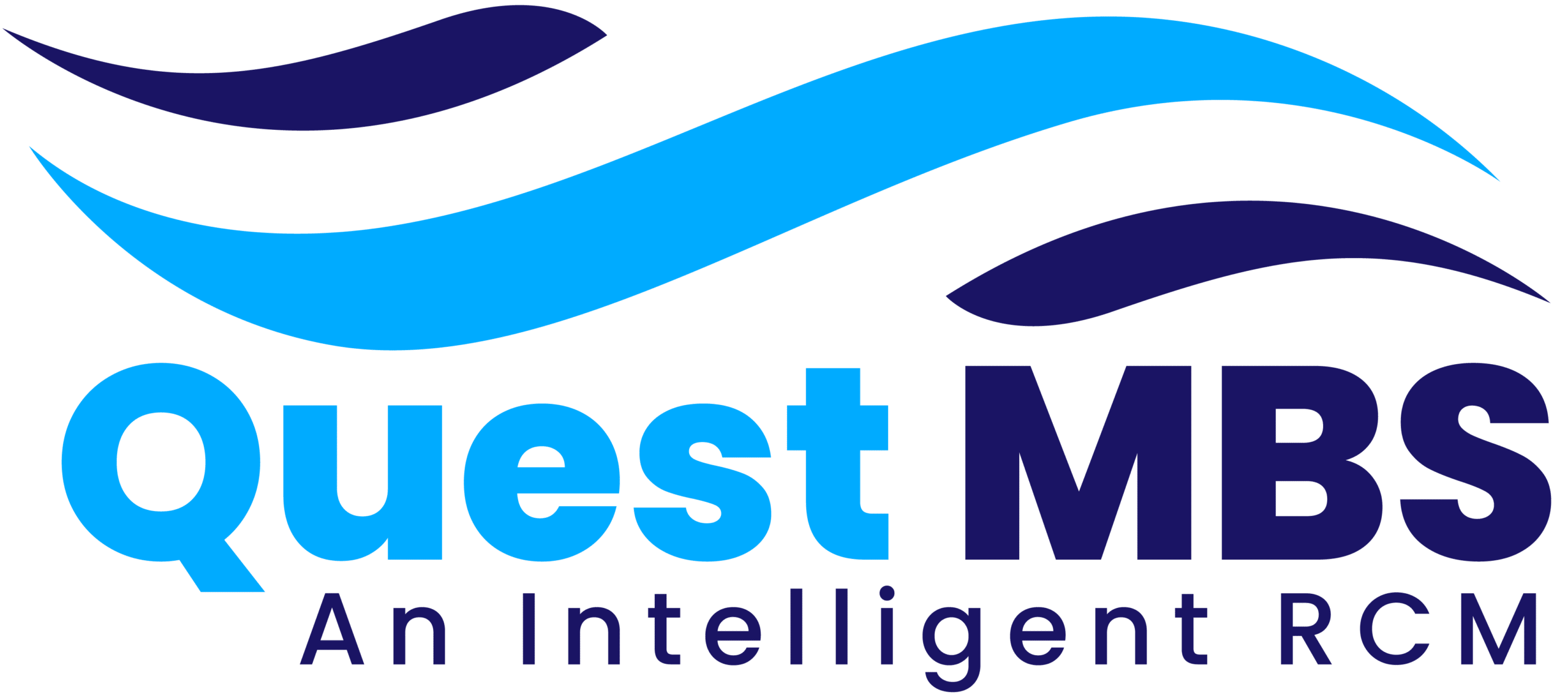Introduction to Medicare Billing and Revenue Management
Medicare billing plays a central role in the financial health and compliance structure of many healthcare practices across the United States. Whether you’re a solo practitioner, a group practice, or a large healthcare organization, a deep understanding of Medicare billing can mean the difference between steady reimbursement and frustrating revenue gaps. This article explores why Medicare billing is crucial, how it affects your operations, and what strategies can help maximize your outcomes.
Growing Patient Volume Under Medicare Coverage
As the population ages, more patients are enrolling in Medicare every year. For most practices, this translates into a significant portion of their patient base being covered under Medicare. Ensuring correct billing for these patients means securing a reliable and consistent revenue stream. Mishandling Medicare claims, on the other hand, can lead to frequent denials, audits, and payment delays.
Navigating Strict Medicare Regulatory Requirements
Medicare billing is governed by detailed federal regulations that are frequently updated. Compliance with these requirements isn’t optional—it’s mandatory. Even small errors in documentation, coding, or submission timing can result in rejected claims or even trigger an audit. Familiarity with billing guidelines, such as those outlined in the Medicare Claims Processing Manual, is essential for avoiding penalties and staying on the right side of regulations.
How Medicare Billing Impacts Practice Cash Flow
Because Medicare reimbursements typically make up a large chunk of practice revenue, billing inefficiencies can severely disrupt cash flow. Delayed claims, denied reimbursements, and appeals not only affect income but also consume valuable staff time. Practices that use smart billing systems and tools can ensure quicker, cleaner submissions and faster payment cycles.
Importance of Coding Accuracy in Medicare Reimbursements
Accurate use of CPT, ICD-10, and HCPCS codes is fundamental in Medicare billing. Improper coding can result in claim denials or underpayments. Utilizing automated coding tools or integrated EHR systems helps reduce errors and improve billing accuracy. Regular coding audits can also catch problems early and reduce the risk of revenue loss.
Prior Authorization and Documentation Compliance
Medicare often requires prior authorization for specific procedures, equipment, or services. Failure to obtain prior approval can lead to full claim denial. Additionally, comprehensive documentation that supports medical necessity is vital. This includes recording diagnoses, treatment plans, lab results, and patient interactions clearly and thoroughly within the patient record.
Effective Medicare Claims Denial Management
Medicare claims can be denied for a variety of reasons—duplicate claims, incorrect modifiers, mismatched patient data, or ineligibility on the date of service. Successful practices invest in denial resolution workflows and analytics that identify the root causes of denials and prevent them from recurring. A fast and efficient resubmission process can significantly improve your collection rates.
Leveraging Technology for Medicare Billing Success
Cloud-based billing software, integrated RCM platforms, and predictive analytics are transforming Medicare billing. These tools automate claim scrubbing, apply payer-specific rules, and track reimbursement trends in real time. Leveraging technology not only improves accuracy but also enables better forecasting and revenue planning.
Staff Training and Ongoing Billing Education
Given the complexity of Medicare billing, training is non-negotiable. Front-desk staff must understand insurance verification processes, billing teams need to stay current on CMS updates, and clinicians should be aware of documentation requirements that support billed services. Ongoing education and credentialing of billing staff reduce risk and increase efficiency.
Staying Audit Ready with Compliance Best Practices
Medicare audits can be triggered randomly or due to suspicious billing patterns. Maintaining audit readiness by adhering to best practices in documentation, coding, and billing ensures you’re prepared. Regular internal audits, use of compliance checklists, and hiring certified coders are steps that minimize the likelihood of adverse audit outcomes.
Enhancing Patient Communication on Medicare Costs
Many Medicare patients are unclear about what their insurance covers and what they owe. Transparent communication about costs, deductibles, co-pays, and coverage limitations helps reduce confusion and improves patient satisfaction. Using automated patient portals or estimators can support better financial transparency.
Outsourcing Medicare Billing for Better Efficiency
If Medicare billing seems overwhelming or your in-house team is struggling, outsourcing to experienced billing vendors can bring significant advantages. These companies specialize in payer rules, compliance, and follow-up processes that improve claim acceptance rates and reduce billing overhead for providers.







